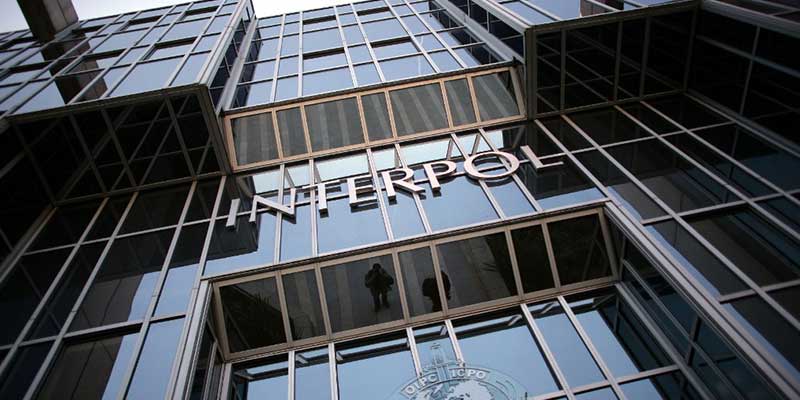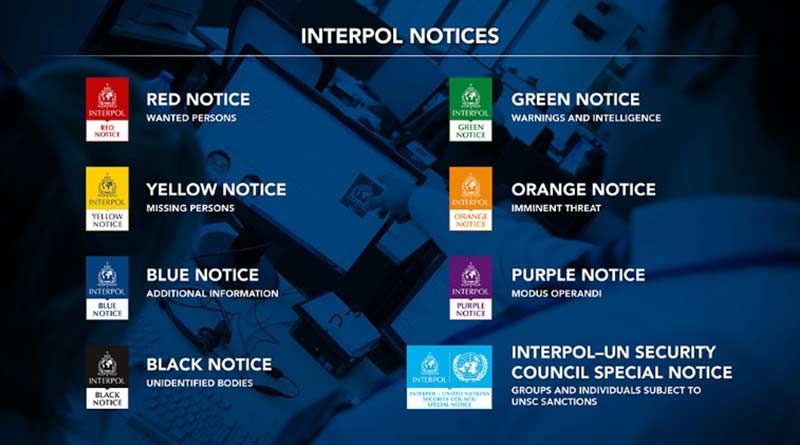- India
- Oct 17
India to host Interpol General Assembly
The 90th Interpol General Assembly will be held in New Delhi from October 18-21. It will bring together chiefs of police and senior officials from around the world to address global security issues.
It meets once a year and takes all the major decisions affecting general policy, the resources needed for international cooperation, working methods, finances and programmes of activities. These decisions are in the form of resolutions.
What is Interpol?
• The International Criminal Police Organisation (Interpol) is an inter-governmental organisation that has 195 member countries.
• It began as the International Criminal Police Commission in 1923, and became the International Criminal Police Organisation in 1956.
• India became a member country on October 15, 1949.
• In 2023, Interpol will celebrate 100 years since the founding of the International Criminal Police Commission.
Functioning of Interpol
• Interpol enables countries to share and access data on crimes and criminals and offer a range of technical and operational support.
• The General Secretariat coordinates its day-to-day activities to fight a range of crimes. Run by the secretary general, it is staffed by both police and civilians and comprises a headquarters in Lyon and several satellite offices in different regions.
• In each country, an Interpol National Central Bureau (NCB) provides the central point of contact for the General Secretariat and other NCBs. An NCB is run by national police officials and usually sits in the government ministry responsible for policing.
• It connects all countries via a communications system called I-24/7. Countries use this secure network to contact each other. It also allows them to access databases and services in real time, from both central and remote locations.
• The General Secretariat provides a range of expertise and services to member countries. Interpol manages 19 police databases with information on crimes and criminals (from names and fingerprints to stolen passports), accessible in real time to countries.
• It supports national efforts in combating crimes across three global areas — terrorism, cybercrime and organised crime.
General Assembly
• The General Assembly is Interpol’s supreme governing body, comprising representatives from each of its member countries.
• It meets once a year and each session lasts around four days.
• Each member country may be represented by one or several delegates who are typically chiefs of police and senior ministry officials.
• Its purpose is to ensure that Interpol’s activities correspond to the needs of our member countries. It does this by determining the principles and measures for the organisation to reach its objectives, and by reviewing and approving the programme of activities and financial policy for the coming year.
• On the agenda each year are also the major crime trends and security threats facing the world.
• The General Assembly takes decisions in the form of resolutions. Each member country represented has one vote. The decision-making process is made by either a simple or two-thirds majority, depending on the subject matter.
• The General Assembly elects the members of the Executive Committee, the governing body which provides guidance and direction in between sessions of the Assembly.
• As the largest global gathering of senior law enforcement officials, the General Assembly also provides an important opportunity for countries to network and share experiences.
Additional read:
Interpol notices are international requests for cooperation or alerts allowing police in member-countries to share critical crime-related information. Notices are published by the General Secretariat at the request of a national central bureau and are made available to all member-countries.
Manorama Yearbook app is now available on Google Play Store and iOS App Store


